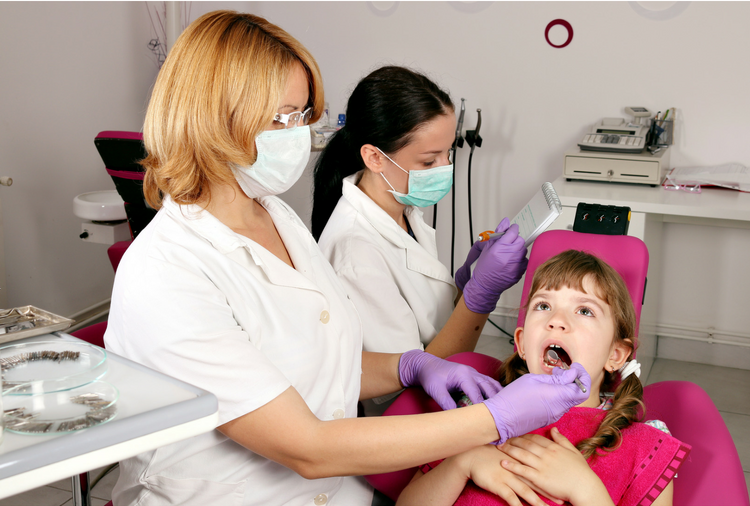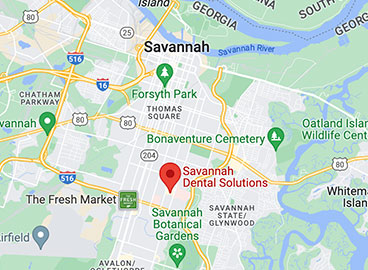Those with special health care needs (SHCN) need and deserve the same high quality dental care as anyone else, but not all dentists are equipped to address the additional challenges of working with patients with special health care needs. Special needs dentistry is a branch of dentistry dedicated to meeting those needs.
Looking for a Special Needs Dentist for Children & Adults?
Dentistry and Special Health Care Needs
Special health care needs include all types of physical, mental, cognitive, emotional, developmental, and sensory impairments, not just orofacial conditions. Those with special health care needs may face challenges to dental care that are not immediately obvious. For example, the patient may be unable to lie flat in the dental chair. She might need extra emotional comfort during even a routine exam, or might not understand what is happening during a treatment. The patient may have medical equipment such as a feeding tube or a drain that must be protected.
The dentist and all staff members working with patients with special needs must be able to recognize these issues and must be flexible in coming up with ways to address them without compromising the quality of care. Special needs dentistry often requires thinking outside the box.
Special Needs Dentist Appointments
Patients with special health care needs generally require more time and more accommodations than traditional patients. Therefore, their appointments are generally set during less busy times, similar to how appointments are set for particularly complex dental procedures. The dentist and staff will fully customize their approach, focusing on the patient’s comfort throughout the appointment.
Many special needs dentists request that patients who need special accommodations make an initial consultation appointment before any exams or treatments take place. This lets you sit down with the dentist and talk about your needs, and work together to figure out which accommodations will work best for you. This is particularly helpful for those whose needs are not immediately apparent, such as those living with complex hidden pain conditions or cognitive disorders, but it can be useful for all patients with special needs. It also allows the dentist and staff to plan ahead for your next visit, making sure that everything is ready for you.
Choosing a Special Needs Dentist
When making the initial appointment, let the receptionist know that you or child has special needs. The receptionist should be helpful and responsive, listen carefully, and perhaps make a few suggestions.
During the consultation, the dentist and staff should show a general understanding of special health care needs and how they affect dental care. Of course, it is not reasonable to expect them to be experts in any specific condition, but they should be aware of the need for flexibility, and should show a willingness to listen and try to understand. Expect them to take a detailed health history and write down any specific requests you make.
Above all, special needs dentistry requires compassion, collaboration, and a team spirit. General anesthesia may be needed for some special needs patients due to their specific challenges, but it should never be used simply for convenience. A good special needs dentist can work around most health challenges while maintaining an excellent attitude and providing the same high quality care that any other patient is given.
Married dentists Chad and Alexandra Schnabel welcome you to Savannah Dental Solutions. From caring children’s dentistry to high-tech cosmetic procedures and even full-mouth reconstruction, we blend the latest technology with traditional customer-oriented values. To start your journey to better oral health, call us today at (912) 354-1366.



